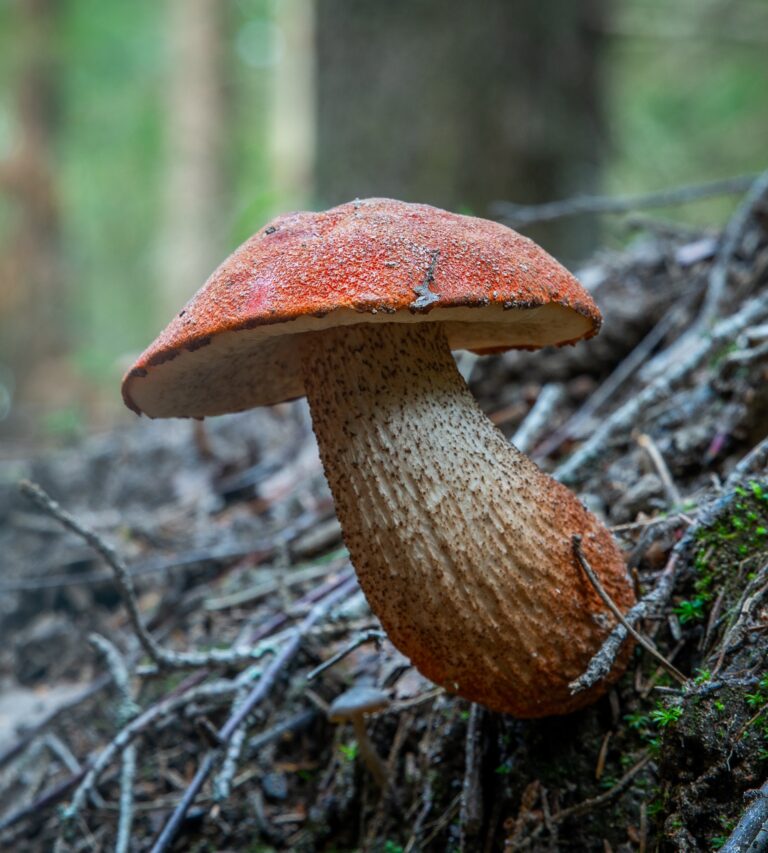Is Psilocybin Legal in Malta?
Psilocybin, a naturally occurring psychedelic compound found in certain mushrooms, is illegal in Malta. The substance is classified as a Schedule 1 drug under the Maltese Dangerous Drugs Ordinance. This means that possession, sale, and cultivation of psilocybin mushrooms are all illegal and can result in serious penalties, including imprisonment.
What Are the Local Names for Psilocybin Mushrooms in Malta?
Psilocybin mushrooms are not native to Malta and are not commonly found on the island. As a result, there are no widely recognized local names for these mushrooms. However, some of the common names for psilocybin mushrooms around the world include:
- Magic mushrooms
- Shrooms
- Golden tops
- Cubes
- Blue meanies
It’s important to note that the lack of local names does not mean that psilocybin mushrooms are not present in Malta, as they can still be obtained through illegal means.
Is It Legal to Grow Psilocybin Mushrooms in Malta?
It is illegal to grow psilocybin mushrooms in Malta. The cultivation of these mushrooms falls under the same legal classification as possession and sale, as they contain the controlled substance psilocybin. Individuals caught growing psilocybin mushrooms can face serious penalties, including fines and imprisonment.
How Are Laws, Penalties, and Law Enforcement Related to Psilocybin in Malta?
The Maltese government takes a strict stance against the possession, sale, and cultivation of psilocybin mushrooms. Penalties for these offenses can be severe, and law enforcement agencies are vigilant in their efforts to combat the illegal drug trade. Some of the potential penalties for psilocybin-related offenses include:
| Offense | Potential Penalty |
|---|---|
| Possession | Fines and up to 12 years imprisonment |
| Sale | Fines and up to life imprisonment |
| Cultivation | Fines and up to life imprisonment |
These penalties highlight the seriousness with which the Maltese government approaches the issue of psilocybin and other controlled substances.
What Are the Government Laws and Resources Regarding Psilocybin in Malta?
The primary legislation governing psilocybin in Malta is the Dangerous Drugs Ordinance, which classifies psilocybin as a Schedule 1 controlled substance. This law is enforced by the Malta Police Force and other relevant agencies. The Maltese government also provides resources and support for individuals struggling with drug addiction, including those who may have used psilocybin mushrooms.
Some of the resources available in Malta for individuals seeking help with drug addiction include:
- Sedqa – The National Agency Against Drug and Alcohol Abuse
- Caritas Malta – A non-governmental organization that offers support and rehabilitation services for individuals with drug addiction
- Oasis Foundation – A non-profit organization that provides residential and outpatient treatment for individuals with drug addiction
Overall, the legal status of psilocybin in Malta is clear: it is an illegal substance with severe penalties for possession, sale, and cultivation. Those interested in the topic should familiarize themselves with the relevant laws and potential consequences, as well as the resources available for individuals struggling with drug addiction.

Hi everyone!
I am looking for information on the legality of psilocybin mushrooms in Malta. I would like to know if it is illegal to possess, sell, or use psilocybin mushrooms in Malta. Does anyone know the answer?
Thanks in advance for your help!
I found this article to be highly informative and helpful in elucidating the legal implications of partaking in psilocybin while backpacking in Malta. Although the nation has yet to legalize the use of mushrooms containing the active psychedelic ingredient, the information provided regarding its legal status, as well as the potential ramifications of violating the Controlled Substance Act, was most illuminating. Such information is essential in enabling the conscientious traveller to make informed decisions regarding their activities.